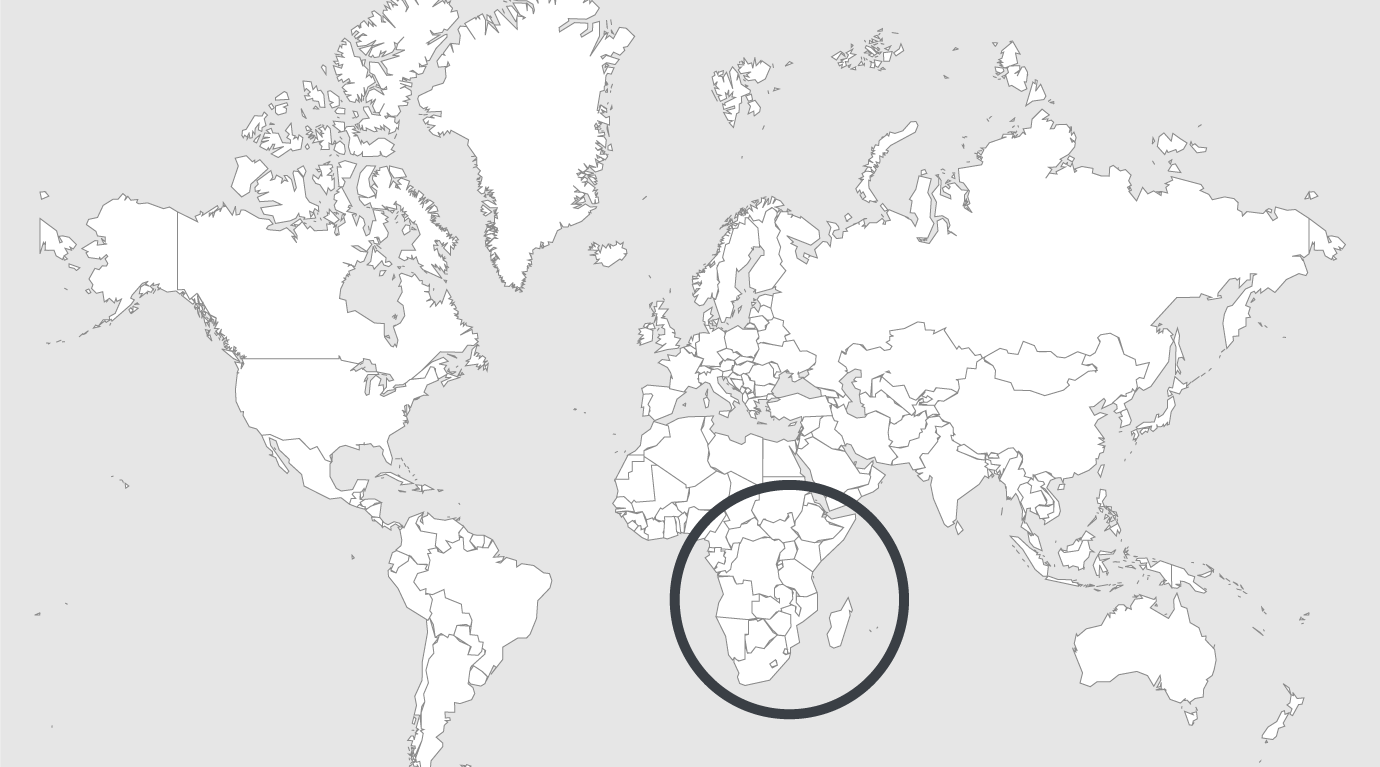
Explore
South Africa: filth, disease, sex and violence for Pollsmoor's female inmates
International Women’s Day on March 8 turns the spotlight on the fate of women, in particular their achievements and the slow pace of progress. An often overlooked group are women prisoners. Their needs, views and struggles barely figure in South African feminist discourse, let alone in the mainstream debate in society.
Pollsmoor Prison in the Western Cape is known for its extreme overcrowding – 300% above its capacity – which feeds into gang violence and poor sanitary conditions. Life-threatening diseases, such as tuberculosis, flourish in the poorly ventilated and overcrowded cells.
About 740 of the 8 465 inmates are women. Nationally, 3 029 women – or about 2.3% of the entire inmate population – are imprisoned, according to the 2015 annual report of the Judicial Inspectorate for Correctional Services.
Female wardens show visitors to the meeting room at the unsentenced section and ask them to leave their possessions behind a desk.
Palesa*, a dreadlocked woman in her mid-30s with big, intense eyes, waits for me on the other side of the glass partition. We both lean in to hear each other speak, through a faulty intercom.
“See this?” she asks, raising her index finger to a scar above her eyebrows. “I was put in a cell with an inmate who was known to be violent. She bit me and here, on my elbow.”
Palesa asked repeatedly for an HIV test following the assault, but she says she was never given one and was also not informed about her attacker’s HIV status.
Palesa has waited nearly three years for her trial to be completed. She was arrested in 2013 after fatally stabbing her boyfriend, who she says was trying to strangle her. Palesa says his death released her from an abusive relationship that saw her quit her job because she was locked inside her flat most days.
After her arrival at Pollsmoor, Palesa started writing a blog and drawing cartoons about prison life, but has been unable to publish them – until now.
“Hi all, this blog started as a way for me to give you out there a run-down of prison life. There are many injustices taking place at the department of correctional services and your hard-earned tax money is paying for them. An important role this blog can serve … is making the prison transparent to the public.”
The title of another blog entry reads: “Pollsmoor female unsentenced section is controlled by mafia-style ‘kitchen ladies’?”. It goes on to say: “Two things can buy you anything in this prison, and they control both: food and tobacco.”
The kitchen ladies, nicknamed “adjutants”, are female inmates tasked with running the prison kitchen. “They are correctional officers without keys who use the food in the kitchen to ‘buy’ whatever they want. The prison is their playground; they do as they please,” Palesa alleges.
Another way to survive, according to Palesa, is to find a “prison mother”. “In Pollsmoor you need a ‘tronk ma’, a female warder who ‘adopts’ you in exchange for deposits into their Shoprite accounts. These prison mothers then bring you food, medication and anything you need. But I refuse. These [correctional services] officials get a salary; why should I pay them?”
The tronk mas, Palesa says, don’t just demand money for favours: sometimes it becomes sexual when wardens initiate slanga, prison slang for a same-sex relationship.
Simone*, who was incarcerated in Pollsmoor in 2007 and 2008, chose to play slanga with a fellow inmate to survive. “It was beneficial because she gave me what I wanted.”
Simone says she struck up a relationship with the woman mainly as protection against the rampant violence in the women’s section. “There were many fights, mostly caused by jealousy over food, toiletries, tobacco. I got hit on the soles of my feet by wardens and I was bitten by another inmate.”
Melanie*, another former inmate who was imprisoned in 2010, recalls a practice called “toppers”: wardens would punish inmates by hitting the tops of their fingers with a broomstick.
Most of the female inmates interviewed in Hard Times, a 2012 research report on women prisoners in Pollsmoor produced by the University of Cape Town’s gender, health and justice unit, had experienced some form of physical or sexual abuse growing up.
Basing their findings on interviews with 53 inmates, the authors note that “the correctional system becomes an extension of the abusive domestic context, where the features of domestic violence are recreated through prison controls and other behaviours… replicating a de facto domestic violence relationship”.
Dirty cells and substandard sanitation, especially in the awaiting-trial section, also traumatise the women. “Toilets and showers were incredibly dirty, always blocked,” Melanie remembers.
Read full article.
